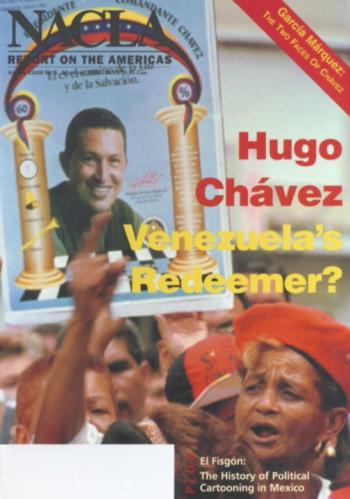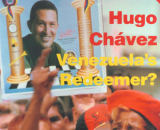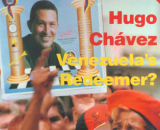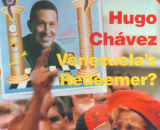Report
Throughout his remarkable crusade to fashion himself as an anti-establishment political leader, Hugo Chávez has promised to bring about a "peaceful revolution." The meaning of this promise, made more powerful by a deep current of public rejection against the old system, has yet to be made clear.
On December 15, 1999, as Venezuelans voted to ratify the country's new Constitution—a Constitution drafted by an elected Constituent Assembly overwhelmingly loyal to President Hugo Chávez—the country was hit by a devastating rainstorm that killed at least 10,000 people. The coincidence of the reaffirmation of Chávez's power and the worst natural disaster of the century was too much for the President's adversaries to resist.
Margarita López-Maya and Luis E. Lander
"The corruption took all the money, so President Chávez has a serious problem," said an elderly man, one of hundreds of pensioners protesting in downtown Caracas on a warm summer day in March 1999. "In reality," he continued, "there is no money, but the President is looking for it. And I know he will find it because he is a very intelligent man."[1]




